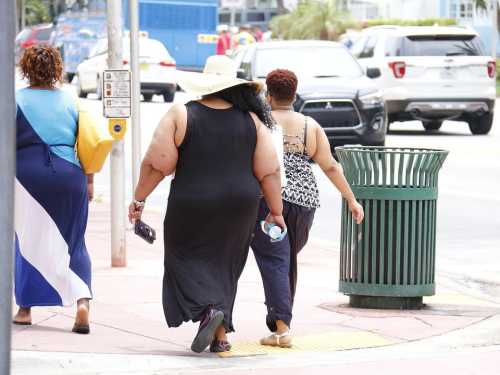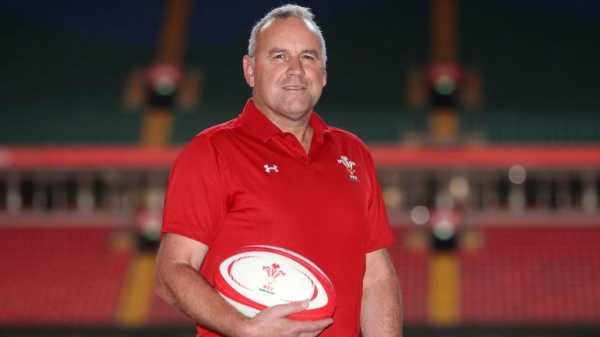
We look back on the career thus far of incoming Wales head coach Wayne Pivac, from the New Zealand police force to Llanelli, and Fiji in between.
It was confirmed on Monday that Scarlets coach Pivac will replace Warren Gatland as Wales head coach after the 2019 World Cup.
Gatland has been in charge of the Wales national team since December 2007. He’s achieved three Six Nations titles, two Grand Slams and a World Cup semi-final. He’s coached the British & Irish Lions to a series win in Australia and series draw in New Zealand.
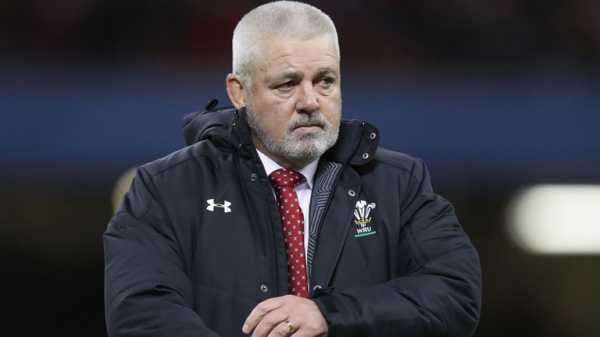
But come the end of next year’s showpiece in Japan, his journey with Wales will come to a close.
And what of his replacement Pivac? Here’s his story…
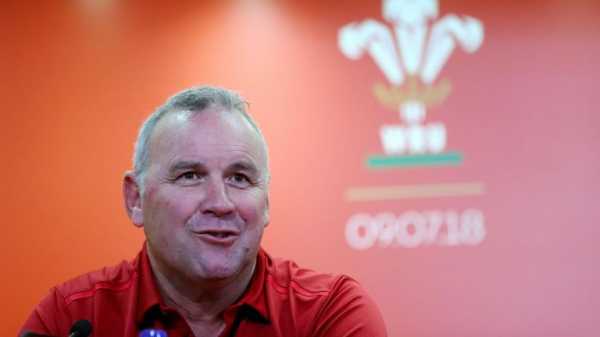
Initial coaching venture
Having played rugby for Rosmini College and then Westlake Boys High School, Pivac represented North Harbour provincially – a time when he combined his rugby playing with work as a policeman for the New Zealand police force.
His coaching days started at club level with Takapuna, before he spent two seasons coaching North Harbour’s second XV and then landed the Northland job – the province his father had represented – at the age of 34.
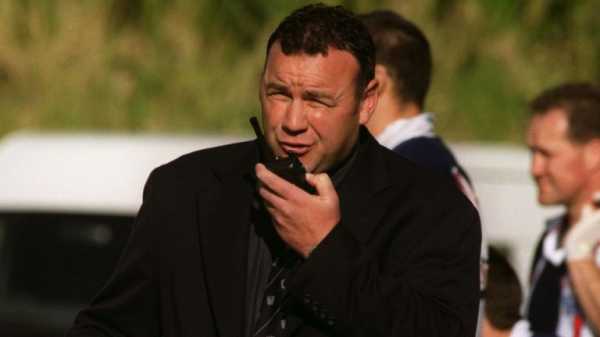
He guided Northland to National Provincial Championship Second Division success in 1997 and earned promotion to the First Division the following year.
In 1999, Pivac took over at Auckland, winning the first of three titles in his debut year, before backing it up with further NPC success in 2002 and again in 2003.
Indeed, 2003 also saw him lead Auckland to Ranfurly Shield success and be voted New Zealand Rugby Union Coach of the Year.
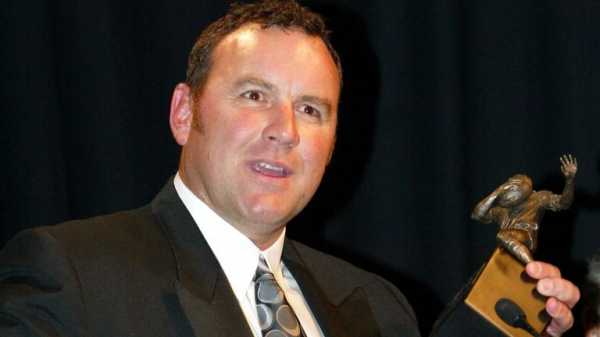
His stock had increased considerably and he was ready for an early crack at the Test arena.
Fijian odyssey
In early 2004, Pivac was named Fiji head coach, replacing fellow Kiwi Mac McCallion.
In his first year at the helm, Pivac secured the Pacific Tri-Nations title and the following year in 2005, he was part of the coaching group which led Fiji Sevens to Rugby World Cup Sevens glory, beating New Zealand in the final.
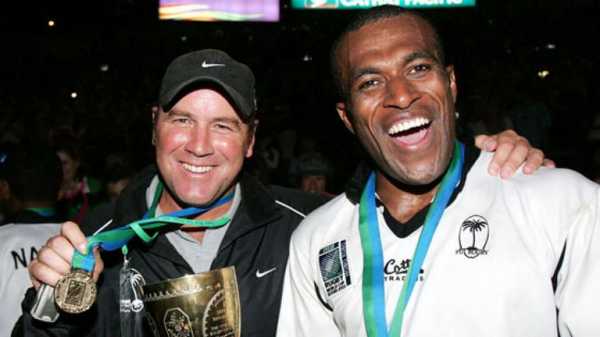
The same year, Pivac and Fiji came within points difference of a consecutive Pacific Tri-Nations title, losing out to Samoa.
That November had seen Fiji lose by a single point against Wales in Cardiff after a late Nick Robinson drop goal, while 2006 saw them pick up victories over Italy, Samoa and Japan.
But for all his success, Pivac encountered a host of frustrations in charge too.
A 90-0 defeat by New Zealand, plus losses to Samoa, Italy and Tonga caused disappointment, but perhaps his biggest gripe was the difficulty he encountered in the release of leading players to the national set-up.
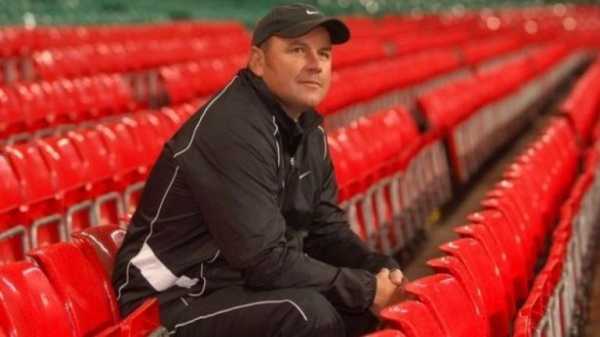
“On paper we’ve got a pretty good squad but unfortunately in the three years we’ve been here, we haven’t been able to put that paper team together,” Pivac said at the time.
“That is a frustration that every coach, not only in Fiji but the Pacific Islands faces – we don’t have the funding to contract our players to the level they do in NPC, let alone Super 14 or these clubs in Europe.”
In January 2007, just eight months out from the next Rugby World Cup, Pivac resigned and headed back to New Zealand stressing family reasons.
Fiji meanwhile, beat Wales, Japan and Canada en route to qualifying for the quarter-finals of the 2007 World Cup in France, where they were ultimately knocked out by eventual winners South Africa.
Back to NZ and a coaching break
Within a month of his return home, Pivac was hired as the coach of North Harbour – an appointment which meant he had been head coach of all three provinces in the Blues region.
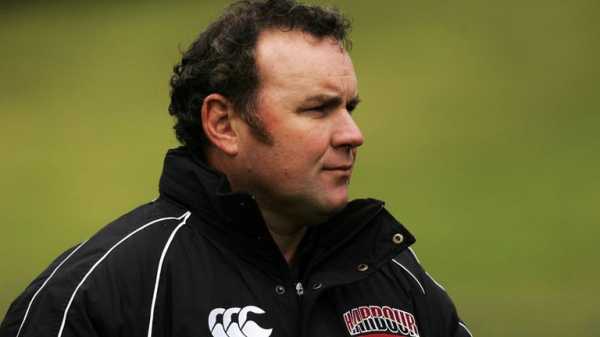
His spell in charge of North Harbour was less fruitful than his days with Northland and Auckland, however, as having taken over from Alan Pollock – whose team had won the Ranfurly Shield off Canterbury – Harbour lost the Shield with a record 7-52 loss to Waikato.
They finished ninth in the Air NZ Cup after his first campaign, and stuttered to a 12th-place finish in 2008, after which Pivac resigned – the same year in which Warren Gatland took charge of his first Wales game.
For the next three years, Pivac took a break from coaching before Auckland came calling again in 2011.
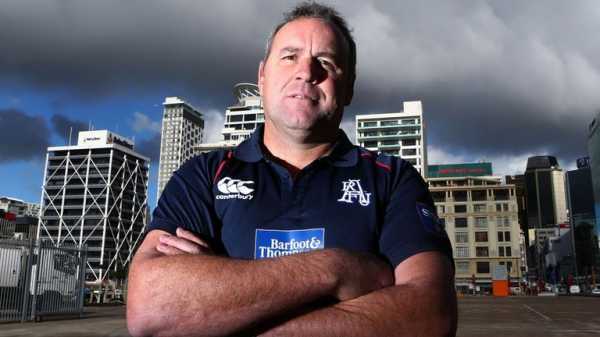
The summer of 2014 then changed everything again.
Into West Wales
Settled within the Auckland set-up, a visit from then Scarlets head coach Simon Easterby in 2014 convinced Pivac to join the Welsh region as assistant coach – in no small part due to Easterby’s willingness to travel over 11,000 miles to speak to him.
Pivac replaced the outgoing Danny Wilson, and when Easterby was lured into the Ireland set-up by Joe Schmidt in August, mere months after Pivac’s arrival, the Kiwi was promoted to head coach.
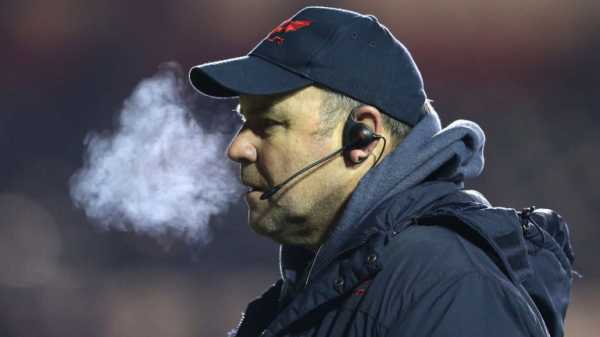
He finished sixth during his first PRO12 campaign and fifth the year after, while 2016/17 saw him lead the Scarlets to a stunning PRO12 triumph – their first silverware for 13 years, defeating Leinster away in the semi-final with 14 men, and Munster in the final in Dublin.
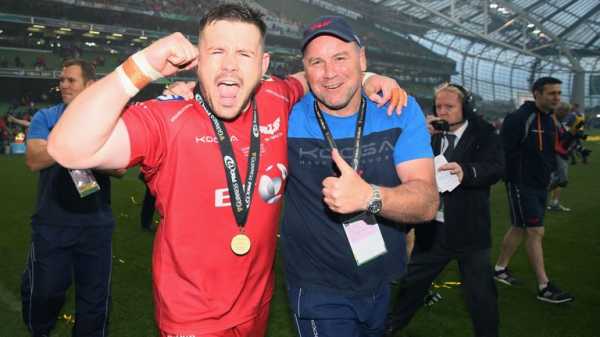
The following year he backed it up by guiding the Scarlets to just their second ever European Cup semi-final – succumbing to eventual winners Leinster – and a successive league final – losing out to the same opposition.
All the while, Scarlets became known for playing a rip-roaring brand of attacking rugby, filled with offloads, counter-attacks and great pace.
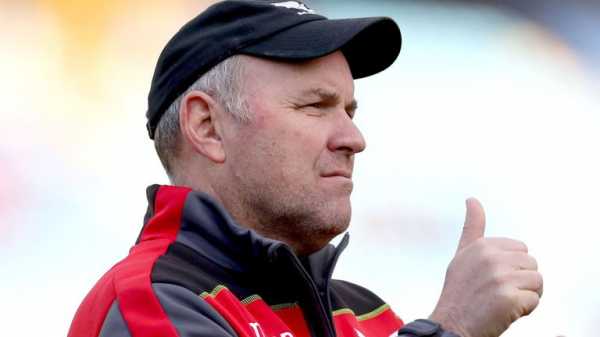
Into the hot seat…
And so we get to the present day, and confirmation that Pivac will become the next Wales head coach upon Gatland’s leaving after the 2019 Rugby World Cup in Japan.
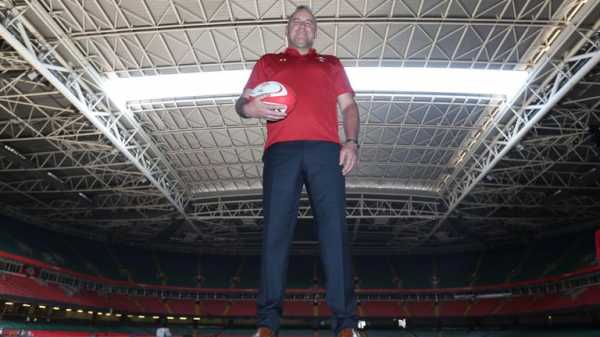
He’s likely to take Wales legend Stephen Jones with him, who has performed superbly by all accounts as Scarlets’ attack coach.
Can they bring the type of play which has served the Scarlets so well into the national team? Can they thrive to the same extent?
What will the next 14 months be like? Who will replace Pivac at the Scarlets?
There’s still plenty of questions to answer but the main one in Welsh rugby – who will replace Gatland – has now been resolved.
Also See:
Sourse: skysports.com


